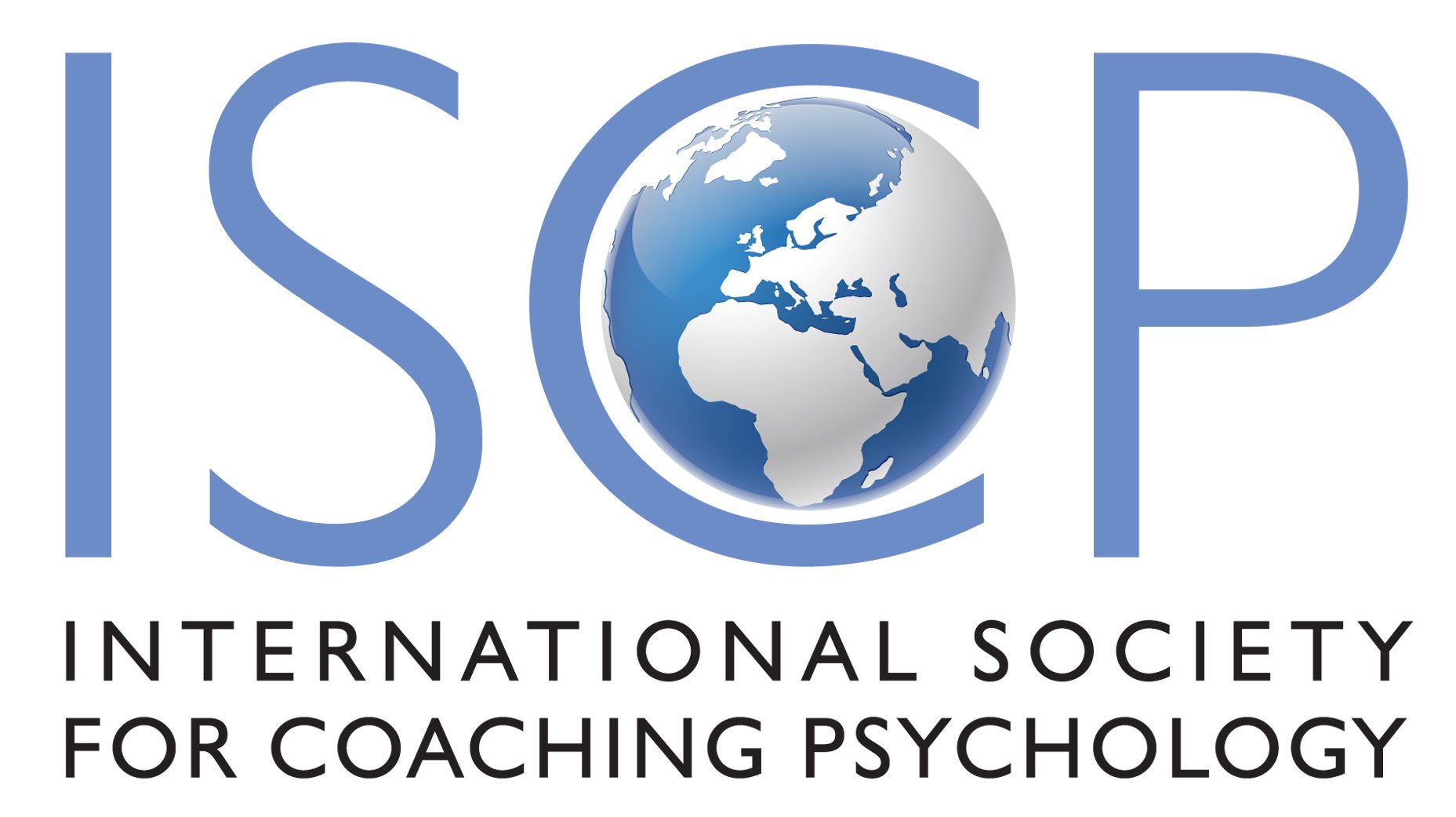ISCP – COVID-19 Statement – 24th March 2020
In light of the COVID-19 situation the ISCP is sharing the following guidance for our members. Please note, for information on how to protect yourself from the Coronavirus you should always follow the latest WHO advice (https://www.who.int/emergencies/diseases/novel-coronavirus-2019) or the Government advice in the nation in which you live/work.
The WHO and/or Government advice supersedes any statement or information issued by ISCP.
Please also refer to the full ISCP Code of Ethics and Guide to Coaching Psychology practice, particularly noting the following (https://www.isfcp.info/ethics/):
Guide to Coaching Psychology Practice – RECOGNITION
• Seek professional help when they become aware of their or their peer’s own personal or health-related problems that may impair their coaching practice; and refrain from practice when their professional competence is seriously impaired.
Further information is also provided below to guide coaching psychologists in their work.
1. Infection protection and control
WHO information on Coronavirus disease (COVID-19) technical guidance: Infection prevention and control / WASH
https://www.who.int/emergencies/diseases/novel-coronavirus-2019/technical-guidance/infection-prevention-and-control
2. Social isolation
The Society recognises that members may feel conflicted in terms of providing a continuity of coaching psychology services whilst ensuring the safety of yourself and others.
We would encourage you to speak with your coaching psychology supervisor to make a decision on working face-to-face, informed both by the most up to date government guidelines and ISCP codes and guidelines. You need to consider the safety of both yourself and your coachee/client.
If you do carry on working face-to-face, please follow sensible guidelines in terms of hand-washing, ensuring hand washing facilities are available to all who enter your practice space and that door handles are regularly cleaned.
It is also helpful to consider with your coachee/client a plan for what would happen if one or other of you became unable to attend face-to-face.
3. Remote working
If you do decide to stop face-to-face coaching, consider whether online or telephone provision would be a possibility for yourself and your coachees/clients.
In doing so, you will need to let your coachee/client know the reason for doing so, as well as letting them know if this method may change the course of coaching that was originally agreed upon. It is important that your coachee/client is able to be involved in this decision and has the option to pause coaching if they wish to do so.
It is important that you feel competent in providing telephone or online coaching services, and that you receive supervision from a supervisor who is competent in supervising such practice.
4. If you become unwell
If you become unwell, consider how your coachee/clients would ordinarily be seen.
Have you worked with your Supervisor on a Coaching Will, which can cover what will happen should you be unable to see your coachee/clients due to a serious illness or death? Working on this in Supervision, if you have not already done so, should be a priority.
5. Additional Resources:
WHO Mythbusters: https://www.who.int/emergencies/diseases/novel-coronavirus-2019/advice-for-public/myth-busters
Mental Health Considerations: www.who.int/docs/default-source/coronaviruse/mental-health-considerations.pdf?sfvrsn=6d3578af_8
As many of us find ourselves working from home the following article might also be helpful from BBC Worklife: https://www.bbc.com/worklife/article/20200312-coronavirus-covid-19-update-work-from-home-in-a-pandemic
